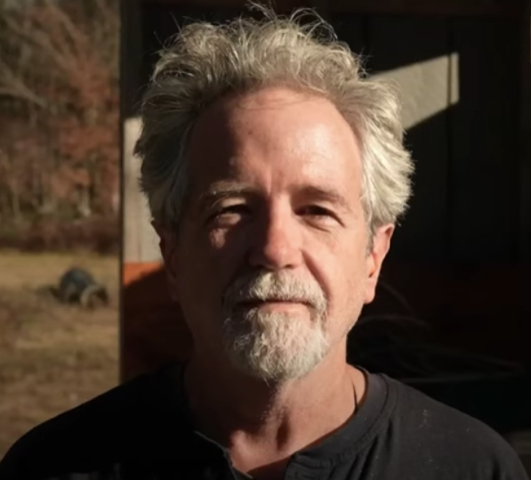A lot of journalists these days have a vocabulary problem. In particular, they think that if someone wants to repair or reform an institution, he is anti-[that institution].
Robert F. Kennedy Jr. wants to fix a broken government. That doesn’t make him ‘anti-government’ any more than someone who wants to fix his broken car is anti-car.
Kennedy believes so much in government that in his book about Anthony Fauci, he said that his biggest problem with the government’s response to COVID was that it would, in the long run, undermine the government’s ability to sustain the welfare state that it has built up over generations.
At PorcFest, he asked an excellent question: Why was the government’s response to a public health crisis handled by intelligence and military agencies? His answer wasn’t that the government should have just stayed out of it. He said that it should have been handled by other government agencies, like CDC and NIH.
If you criticize how your government has handled things, that doesn’t make you anti-government. It makes you a concerned citizen. It makes you an American.
I’ve been through this kind of thing myself. In Croydon, when I tried to fix a broken school district, I was labeled ‘anti-school,’ even though I had a long track record of speaking and writing about how the public school system could be changed to provide a better education for the children of New Hampshire. But as a member of the Free State Project, I was dangerous and, therefore, could be dismissed out of hand.
To illustrate how well this sort of thing works, at our most recent school budget hearing in Croydon, I proposed increasing the budget to hire reading specialists to ensure that whatever else they were doing, our students would become proficient in reading — something they aren’t doing now and haven’t been doing for a long time. Immediately, a couple of parents stood up and said: ‘I’m so tired of these Free Staters who just want to cut taxes and destroy the schools.’
If we want to have substantive policy discussions, we first have to stop using pejorative labels to short-circuit meaningful conversation.
In the current political climate, the only thing that many people feel they need to know in order to make their decisions is: Who are the bad guys here, and who are the good guys?
Labeling someone as anti-government (or anti-school) is effectively saying to people: You don’t have to listen to anything that this person has to say about why the government (or the schools) ought to operate differently. You don’t have to understand the questions he’s trying to raise, or the data he’s presenting, or the arguments he’s making, or the proposals he’s putting forth. He’s a bad person, so anything he says will also be bad, and that’s all you need to know about him.
The main function of journalism has turned into letting us know: Who are the bad guys here, and who are the good guys? Further analysis is not required.
In fact, further analysis is actively discouraged. Because once you know who the bad guys are, they must be defeated at any cost. And if things like civility and rationality and free speech and the rule of law must be tossed aside to secure victory, then as Nancy Pelosi said: “If there is some collateral damage for those who don’t share our views, well, so be it.”
I hope the editors at NH Journal will help lead journalism back to reporting what is being said and away from the current trend of signaling that we should ignore the people saying it.
Oh, wait — does that make me anti-journalism?





